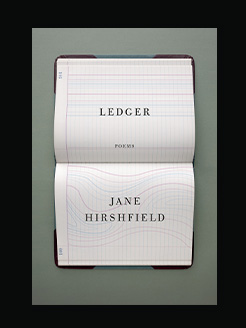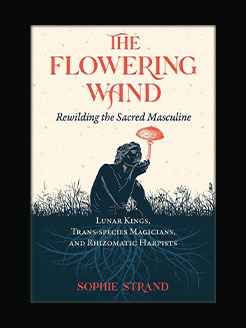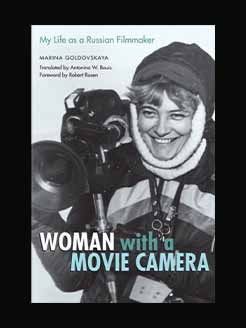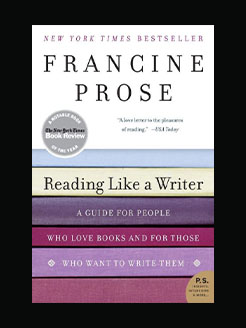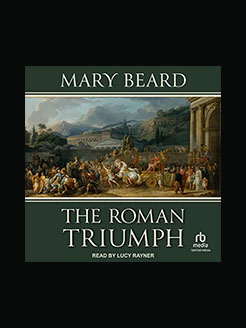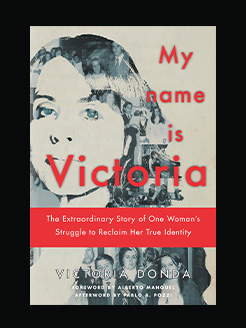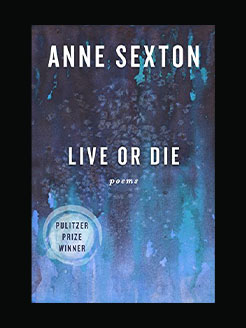Published in 2023
331 pages|
11 hours and 11 minutes
Myriam Gurba is a writer and artist. She is the author of the true crime memoir Mean, a New York Times Editors’ Choice. O, The Oprah Magazine, ranked Mean as one of the best LGBTQ books of all time. Publishers Weekly describes Gurba as having a voice like no other. Her essays and criticism have appeared in The Paris Review, Time, and 4Columns. She has shown art in galleries, museums, and community centers. She lives in Pasadena, California.
What is this book about?
A ruthless and razor-sharp essay collection that tackles the pervasive, creeping oppression and toxicity that has wormed its way into society—in our books, schools, and homes, as well as the systems that perpetuate them—from the acclaimed author of Mean, and one of our fiercest, foremost explorers of intersectional Latinx identity.
A creep can be a singular figure, a villain who makes things go bump in the night. Yet creep is also what the fog does—it lurks and slithers into place, muffling screams, obscuring the truth, and providing cover for those prowling within it.
Now, Myriam Gurba delves into the sociology of “creep,” taking a deep dive into the dark recesses of the toxic traditions and the people that plague today’s America, analyzing the abusers who haunt our books, schools, and homes. Blending cultural criticism with her powerful, deeply personal experiences, Gurba examines the ways in which oppression is collectively enacted, sustaining ecosystems that unfairly perpetuate suffering and premature death to our most vulnerable. Yet identifying individual creeps, social groups, and cultures is only the beginning; the bulk of the book examines how we as individuals, communities, and institutions can challenge creeps and rid ourselves of the fog that seeks to blind us.
With her brilliant mind, brazen style, and wry humor, Gurba implicates everyone from Joan Didion, Mexican sterotypes to her former abuser. Braiding her own history and identity throughout, she passionately argues for a new way of conceptualizing oppression and offers tools that can help liberate us all.
